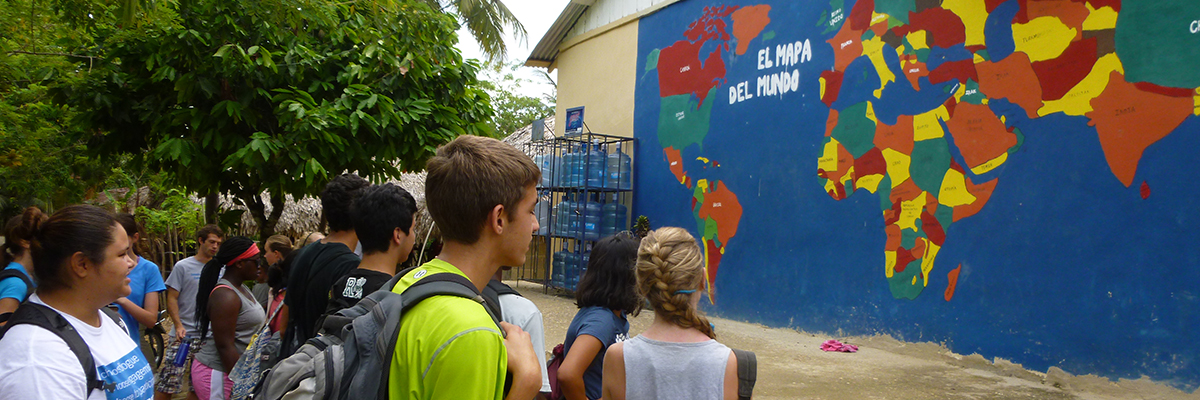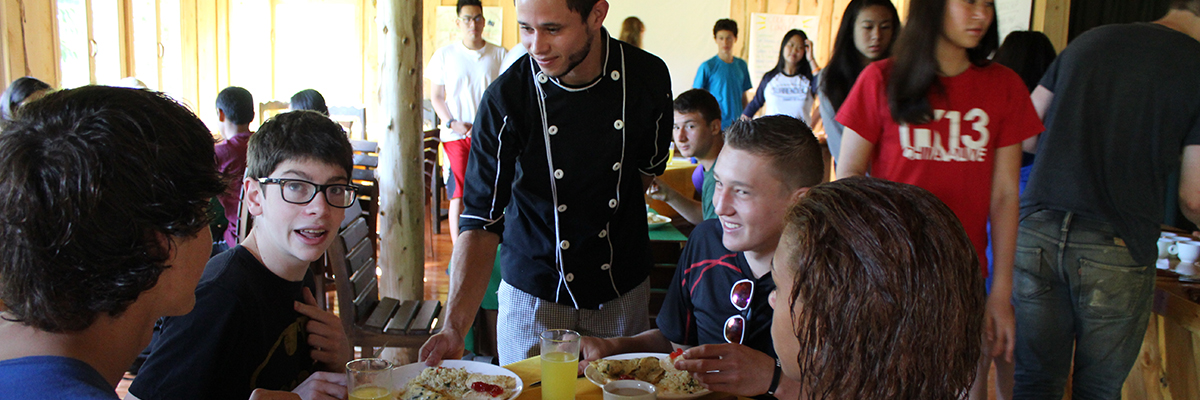The definition of a volunteer varies greatly from person to person and organization to organization. In fact, it’s doubtful a single, all-encompassing description of what it means to be a volunteer actually exists at all. While many will agree that volunteers assist others or the public at large, opinions regarding payment, motivation, and cause differ and fluctuate quite a lot. One thing that is clear, however, is that it’s important to distinguish between the verb’ volunteer’ and the noun’ volunteer’. There is, for example, a big difference between voluntarily doing something, like presenting first in class or enlisting in the military, and being a volunteer who works without pay at an animal shelter or serves meals at a soup kitchen. Just volunteering for something doesn’t necessarily make you a volunteer. To help better understand how volunteers are defined, here are four different kinds of volunteers to consider.
Individual Volunteer
At its basest level and in its simplest form, to be a volunteer is to provide assistance without payment and of free will. In this respect, regularly babysitting your neighbor’s children for free makes you as much a volunteer as if you signed up to sort Christmas gift donations at the Salvation Army. Other examples of this type of volunteering include reading to an elderly person at an assisted living facility or helping someone rebuild a home after a natural disaster. Just because only a single person is impacted, doesn’t make the contribution of time and effort any less significant.
Societal / Environmental Volunteer
This type of volunteer also offers his or her service freely and without pay, but is often working with or through a larger organization to generate a broader societal or environmental impact. This kind of service might go through the American Red Cross, Habitat for Humanity, or ASPCA. This type of volunteer might also work with a local organization, like the volunteer fire department, or offer assistance during local events, like a Thanksgiving potluck, intended to enhance the community.
Experience-Oriented Volunteer
Not all volunteers offer their services solely for the purpose of volunteering. Some volunteers seek to learn new skills or gain experience in return for their time and effort. Good examples of this type of volunteering include assisting with an election campaign, working at a hospital, or helping at a local law firm. It’s important to note, however, that not all volunteers who perform these kinds of tasks are looking to improve their resumes; it’s absolutely plausible that a single organization can have various types of volunteers working for them.
Obligatory Volunteer
In some cases, while the volunteers do not receive payment for their services, they are required to offer them. There are many possible reasons for this, such as a school project or mandatory community service as a result of an indiscretion. In cases like this, the volunteers aren’t participating voluntarily, but their work does positively impact the world around them.
So next time you ask, “What is a volunteer,” you’ll know there is certainly more than one answer.
Contributed by Amanda Vosloh Bowyer





